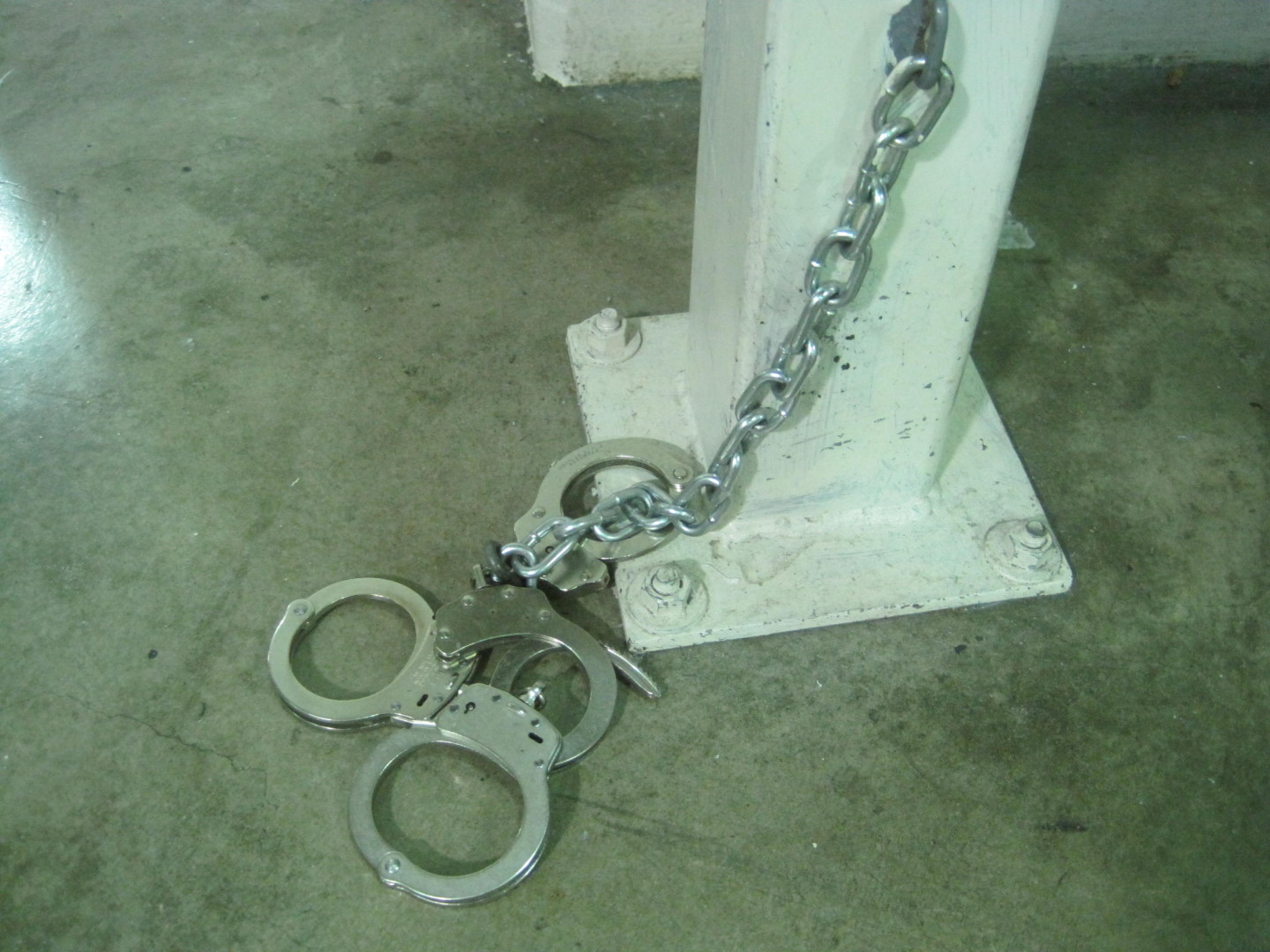Joseph told police he’d grown weary of his father’s physical and verbal abuse and his infidelity to his stepmother. Rodriguez says further investigation revealed a child beset with challenges: a severe learning disability, a history of violent outbursts, school expulsions and parents ill-equipped to cope.
“His (birth) mother was so bad that she lost all her parental rights to an underemployed Nazi plumber,” says Rodriguez. “The defense was willing to plea to something other than first-degree murder. You know, I wanted to be just as involved with Joseph’s recovery.”
There would be no plea deal. Instead the case was reassigned to another prosecutor, and the D.A.’s office pushed the case to trial. The boy was eventually found “responsible” for the killing, which is the equivalent of a guilty verdict in adult court.
The judge gave Joseph the maximum sentence for a killer his age: up to 10 years in California’s juvenile detention system, even though the boy’s public defender had secured a place for Joseph in a private, out-of-state holding facility, where his behavioral and psychological needs could be better addressed.
“In Joseph’s case, evidence of this abuse did come out in the trial phase. But how was it weighed?” says Punam Grewal, Joseph Hall’s new attorney.
She is asking the court to reopen the sentencing hearing to allow new evidence of Joseph’s disabilities and abusive upbringing.
“Had Joseph been an adult, the evidence of the abuse against the adult that the spouse was extremely verbally abusive, mentally abusive, physically abusive, would have come in to mitigate the sentence or as a complete defense,” says Grewal. “In the same way that we weigh the evidence of abuse in a battered-woman’s-syndrome type of defense. We don’t have that for children.”
But that could change under a proposal from Democratic state Sen. Leland Yee of San Mateo. If passed it could make it easier for young offenders like Joseph Hall to be held in alternative settings outside state juvenile lockups, by requiring judges to put more consideration into a child’s personal history of abuse and neglect.
“So this no longer becomes an option (for the judge). And I’m not talking about letting Joseph Hall off scot-free. I’m saying that at least sentence him on the condition that he get some treatment and get some help,” says Yee.
If juvenile offenders prone to violence and with deep psychological and developmental challenges do not get that treatment, they often stay “frozen in time,” according to University of South Florida criminologist Kathleen Heide. She is a leading expert on children who kill and what becomes of them after they are convicted and sentenced.
“I’ve had cases where I go back and 20 years have passed, but they are still developmentally at the age of 15 or 17,” Heide says. “And if that’s not dealt with, we could have another incidence of lethal violence.”
Heide says more and more states are re-examining juvenile sentencing and placement schemes. In 2005 the U.S. Supreme Court ruled that the use of the death penalty for juvenile offenders under the age of 18 was unconstitutional. It later made a similar ruling regarding mandatory life sentences.
“If the justices of the Supreme Court are recognizing that sentencing structures ought to be different for juveniles based on their developmental maturity, then the states need to look at this,” Heide says.
“So, in the case of California, I think it’s appropriate to be looking at this, and hold at least the hope for these kids that they can be released at some point.”
Even some advocates for victims of juvenile crimes approve of legislation like Yee’s. Phyllis Loya is with the National Organization of Victims of Juvenile Lifers, an advocacy group based in Minnesota. While generally supportive, she also worries that an overemphasis on a juvenile offender’s troubled past could be used as a get-out-of-jail-free card when serious crimes are committed.
“So I think it’s wise to let the judge considerate it, but not mandate what weight they should give it,” Loya says. “Or that it should result in a certain reduction to the sentence.”
As for the now 13-year-old killer who inspired Yee’s pending state legislation; Joseph Hall will remain in juvenile detention until the age of 23. He could be eligible for parole in seven years.

